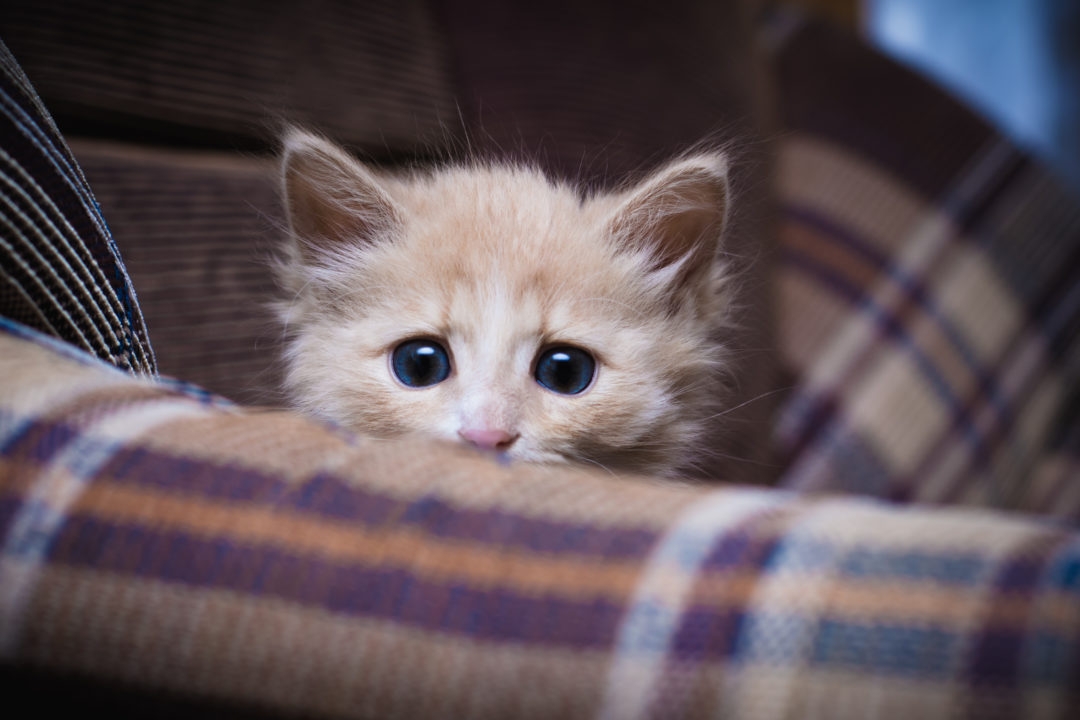A guide for pet owners during Diwali
A guide for pet owners during Diwali

Some pets also show their anxiety by salivating a lot, yawning non-stop, or even pacing forth. If your pet also has similar fears, find a safe space in your house where they can find comfort. Let them hide if they want to, never force them to face their fears or the sound. A tightly wrapped blanket around their bodies also helps some pets calm them down, say a lot of veterinarian doctors.
For immediate relief, close your windows so that intensity of the sound gets diminished. You can play the TV or soothing music in the house, which will muffle the noise made by crackers. Most importantly - let your pet be; trying to calm them down / cradling it may actually reinforce their fear. Go about things like things are normal. This helps them feel more secure. Cats may choose to hide, so providing a cardboard box will help them cope with the noise.
If you are a new pet parent, and find out this year that your pet doesn’t deal well with loud sounds, you can start conditioning your pet. Introduce them to different sounds, provide positive reinforcement by giving them a treat. Increase intensity of the sounds gradually, till they eventually get comfortable with loud sounds.
Consistent training will help them get over this aversion. Severe anxiety or crippling fear, where they urinate or defecate, may require intervention of a professional canine behaviourist.
Sometimes, medication to relieve anxiety can also be used to provide relief. A qualified veterinarian can prescribe medication based on the predicament and level of anxiety. However, just using medication does not help. It has to be accompanied with proper training.
It’s not just noise, but Diwali brings other hazards too. Chocolate poisoning is one of them. Chocolate is toxic to dogs and cats and can cause vomiting, diarrhoea, even seizures. Hence, the boxes of chocolates that we receive in this time, must be kept off limits from pets.
Grapes and raisins too, are toxic to dogs and cats. Dry fruits should also be kept out of reach from your pets, as raisins could cause kidney failure. Do ensure that your pets don’t get a bite of any sweets.
We all tend to put on a few pounds in Diwali due to the high calorie food we eat. This same food, if shared with pets, can cause pancreatitis. Pancreatitis is inflammation of pancreas from eating high fat, high calorie food and is extremely painful. So, it is best we stick to giving them regular food.
Another thing to keep in mind is to be careful where you place your diyas on the floor. Small burns that can be easily cured, pet parents do need to be a more careful with fire / smoke in houses.
Smoke inhalation causes coughing or bronchitis. If your pet suffers from feline asthma, it can get intensified in Diwali. If you pet is coughing during Diwali, it may be a good idea to replace with LED Diyas in the house instead.
As pet parents, we should celebrate this festival a little cautiously, always keeping our fur babies in mind. Let Diwali be a festival of lights and not times of trauma, for pets.
